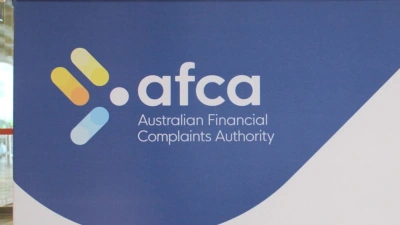User conversations matter with wealth apps


The most engaging digital wealth applications are ones which maintain user engagement through “conversations” with the end-user, according to Investment Trends research.
CommBank and Bendigo and Adelaide Bank’s Up phone application were good examples of applications that kept user’s attention through “conversations” as they utilised targeted messaging such as push notifications and targeted functionality such as a ‘benefits finder’, used to find things such as unpaid super.
“What you really need to do is be talking to them and so the word we use was conversing,” said the 2022 Digital Wealth Report lead researcher, Irene Guiamatsia.
“Those that are really generating the best engagement as per our analysis, were those who are able to actually deliver that personalised experience and make you feel as though they're talking directly to you.”
The comparative analysis of 866 digital wealth applications and services (up from 164 measured in the report released three years ago), showed a surge in the usage of digital wealth applications by Australian retail consumers, enabled in part by factors such as mobile adoption and open banking.
The research found that platforms were all striving to support the next generation of Australians, with those aged 15 to 35 years of primary focus.
“The best performing platforms tend to be those with a clearly defined target audience, with Zoomers and Millennials the priority age segments,” Guiamatsia said.
“Apps are offering a range of features such as account transaction aggregation, spending insights, credit scores, service switching recommendations, debt consolidation and online communities to reach these end users.”
Recommended for you
The Australian Financial Complaints Authority has shared how much its member fees will rise in the next financial year.
Wealth managers have said they are experiencing difficulties in aligning their company’s in-house views with the ever-increasing needs of clients, according to MSCI.
The financial advice industry is experiencing a “champagne problem” regarding pricing, with advice firms seeing no need to cut their prices to remain competitive.
Marking a decade offering managed accounts in Australia, BlackRock has elaborated on the changes it has seen in their usage by financial advisers, with net client flows rising from 4 per cent to 25 per cent.














